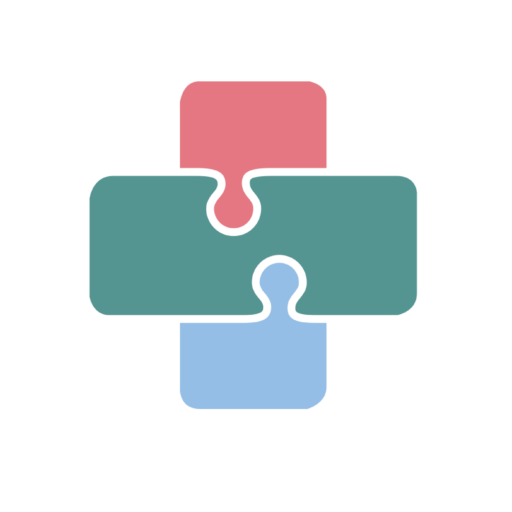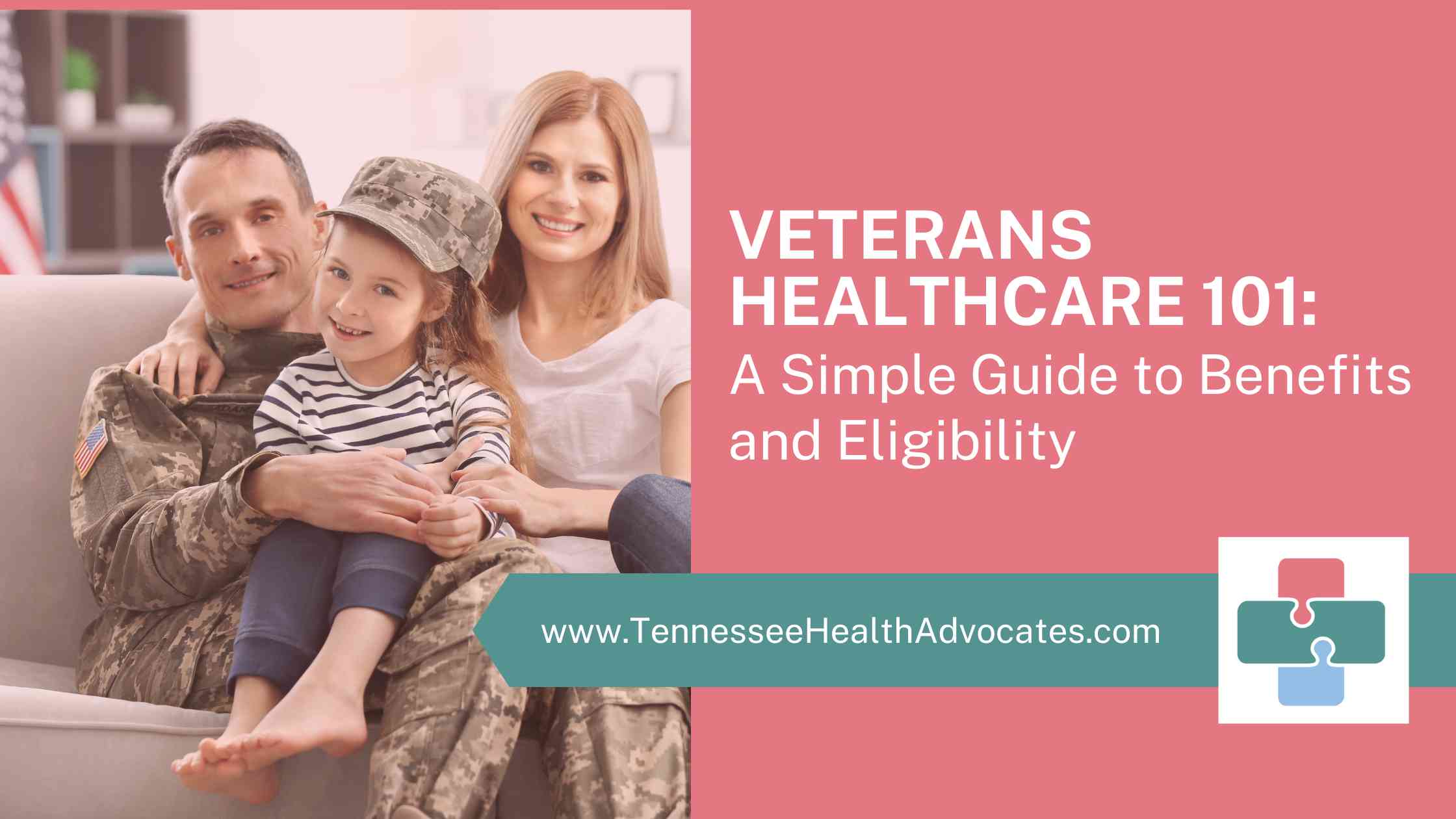Introduction:
The Veterans Administration (VA) healthcare system can feel confusing for veterans and those helping them. But if you know the basics, it becomes easier to get the care and benefits veterans deserve. In this post, we’ll talk about how to sign up for VA healthcare, what benefits are available, and how to handle some of the common challenges.
Who Can Get VA Healthcare?
To get VA healthcare, veterans must meet certain rules. Here are some reasons a veteran might qualify:
- They get money from the VA because of a disability from their service.
- They were discharged from the military because of an injury from their service.
- They are a combat veteran who left the service after September 11, 2001.
- They get a VA pension.
- They were a prisoner of war.
- They received a Purple Heart or Medal of Honor.
- They qualify for Medicaid.
- They were exposed to harmful chemicals during their service.
- They served in Southwest Asia during the Gulf War or at Camp Lejeune during certain times.
Veterans can apply for VA healthcare by filling out a form online. Veterans with service-related disabilities get the highest priority, while higher-income veterans without disabilities get lower priority for care.
VA Healthcare Benefits
The VA offers lots of healthcare services, like:
- Regular doctor visits (primary care)
- Special care for certain health problems
- Mental health services
- Rehab services
There are also special programs, like the Women Veterans Health Program and the Caregiver Support Program. Advocates can help veterans by making sure they know about all the services they can use and by connecting them to the right care.
Sometimes, veterans need care that the VA doesn’t provide nearby. In those cases, advocates can help by working with the VA to send veterans to civilian doctors. Knowing the process for these referrals is important to make sure veterans get the care they need.
Handling Challenges in the VA System
The VA system can sometimes be slow or complicated. Advocates should stay patient, persistent, and informed to help veterans through the system. They can help with appeals if a veteran doesn’t agree with a VA decision. Knowing how to file the right paperwork and appeal decisions is important.
It’s also important for advocates to stay up-to-date on policy changes. The VA shares new rules and updates on their website. Advocates can also take VA training to better understand the system and help veterans.
Conclusion
While the VA healthcare system can be tricky, advocates can make a big difference by helping veterans understand how to enroll, what benefits are available, and how to work through any challenges. With the right knowledge and determination, advocates can guide veterans to the care they deserve.
Final Thoughts:
I hope this information provides a general overview and understanding of the vast opportunities and available benefits to our veterans. If you found these tips helpful, take a look at Navigating VA Benefits as well as VA Aid & Attendance Benefits. All my posts are here to help you on your healthcare journey. Read and learn from them, and let them inspire you! If you are an independent patient advocate and want to be the first to know about new tips and get support, join me in The Circle where we meet LIVE on Zoom every week!




[…] Benefits, also schedule a FREE strategy call with me HERE AND You can learn more in Veterans Healthcare 101 or Navigating Veterans Administration […]